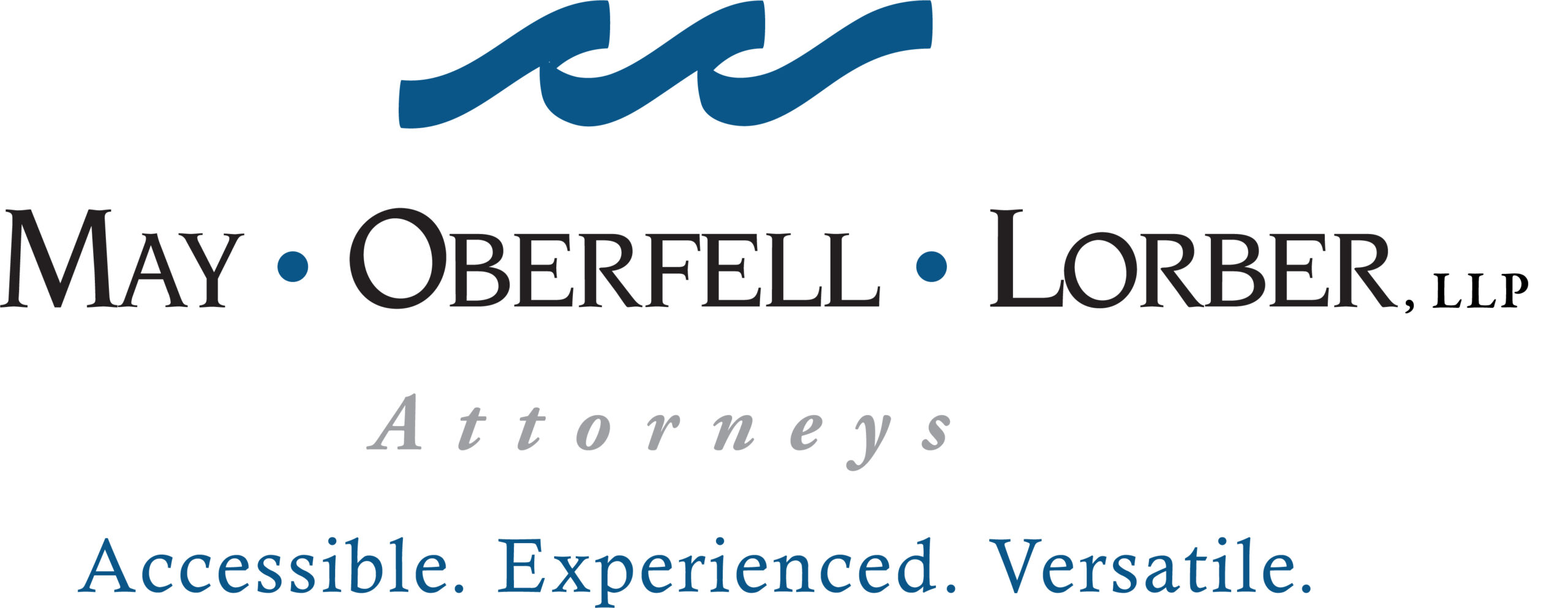Bankruptcy Options In The Age Of Coronavirus
If you are currently unemployed due to the national coronavirus pandemic and have bills coming due, you may need to consider your consumer bankruptcy options under Chapters 7 or 13 of the Bankruptcy Code. In recent reports, worldwide, households now have $12 trillion more in debt than during the financial crisis of 2008. We are in a period of nationwide pausing on foreclosure filings, however, coupled with the current stay-at-home orders, most analysts believe mortgage lenders will move quickly on foreclosures once any statewide moratoriums are lifted. In other words, most analysts believe in the next few months, bankruptcy filings will increase to levels not seen since the 2008 financial crisis and fallout thereafter.
What are your options? In a Chapter 7 bankruptcy, a Trustee will liquidate your assets, less those that are protected from liquidation like a certain amount for your car or other household goods. The entire process takes around 90 days. You will disclose your financial information to a Trustee and be required to answer several questions regarding your financial disclosures. You need to discuss with a qualified bankruptcy attorney whether your income level and amount of assets qualify you for a Chapter 7 bankruptcy.
In a Chapter 13 bankruptcy, you propose a repayment plan of 3 to 5 years, and new legislation passed by Congress now allows up to a 7-year repayment plan. A Chapter 13 bankruptcy allows you to retain your home, save it from foreclosure, and repay all mortgage arrears over a certain amount of time. In a Chapter 13 bankruptcy you do not have to sell any of your assets. Instead, you repay a percentage of your income to your creditors over a fixed period of time.
It is clear, and analysts agree, bankruptcy filings will soon return to historic levels. There is absolutely no shame in filing for bankruptcy; in fact, in many scenarios it is the wisest financial decision you can make. It is imperative in these murky economic times you consult with an experienced bankruptcy attorney to assist you through the process.
This article is for informational purposes only and is not intended to constitute legal advice.
